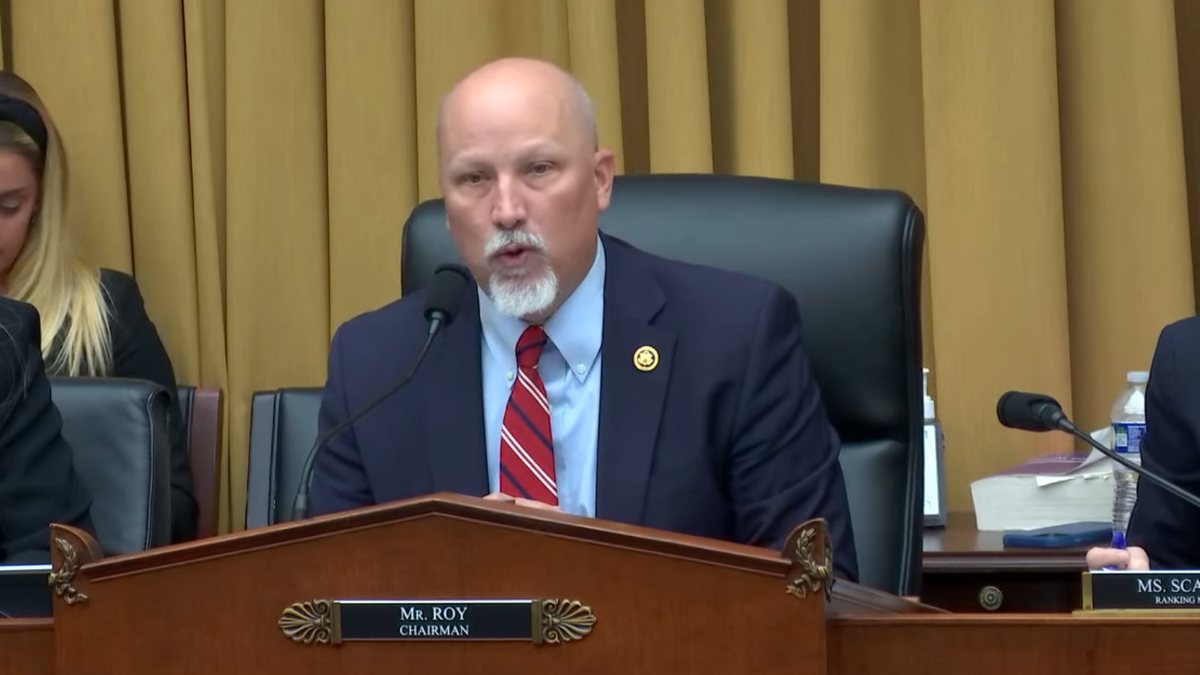
I once visited my drummer in jail.
If you’ve ever been in a band, that sentence probably didn’t even give you pause. Drummer jokes abound for a reason — How do you tell if the stage is level? The drummer is drooling from both sides of his mouth — but in my musical avocation, I’ve been pretty lucky in that regard. I was about 19 or so when “Dave” first joined my band, and he was easily the squarest guy in the group. He’d never heard of Sonic Youth! He went to Bible study! And then he was convicted of statutory rape. He had just turned 18 and his girlfriend was nearly 16, and he’d done something to irritate her parents enough they’d called the cops on him.
It all seemed very rock and roll, until I actually went to see him in the Crook County lock-up. Even though he only had a 30-day sentence for nonviolent crime, he was thrown in a cell with another “sex offender” — a guy charged with actual, forcible rape. He looked terrible and his bushy hair was completely wild. Dave told us he’d been in a lot of fights with inmates who were taking the toothbrushes and combs his family provided for him. The rest of us in the band were all middle class kids who lived near the ski resort one town over. I’m convinced that had one of us found ourselves in the middle of this white trash soap opera, our parents would have lawyered up and we never would have seen the inside of a jail. But Dave? He was a dirt poor kid from Prineville, Oregon. He never had a chance.
Which brings me to the fooferaw over Lena Dunham writing about her sexual abuse of her sister in her book. Her personal background is nearly the exact opposite of Dave’s, as well as this poor kid:
Last Dunham note: I know a foster kid who got arrested/convicted for similar stuff. Her casual admission is rich kid privilege writ large.
— Political Math (@politicalmath) November 3, 2014
Let’s be clear: Kids sexually experiment, and sometimes with each other. Almost no one criticizing Dunham thinks she should be locked up for what she did. But to write about what she did as if it’s a harmless and entertaining story to tell, let alone one that’s told as a means of selling books and furthering the career of everyone’s favorite transgressive millennial manqué? That’s not OK. If you’ve seen Dunham’s film Tiny Furniture or her breakout HBO show Girls, you might have walked away with the impression that Dunham, whose semi-autobiographical characters are constantly naked and having the kind of sexual relationships that leave them confused and damaged, may not have a clear idea of what healthy sexual relationships look like in real life. Dunham has tried to portray her own graphic descriptions of her molesting her sister in her book as a “right wing news story.” However, the personal politics of National Review’s Kevin Williamson, who first questioned Dunham’s admission, have no relevance here. Interestingly enough, Dunham has found a number of fans on the right. New York Times columnist Ross Douthat wrote earlier this month “I Love Lena,” noting that Dunham “has a number of reactionary admirers.” Why? Well, because whether Dunham realizes it or not, she’s exposing exactly how hollow the self-defined morality of the Left really is:
Like most television shows about young urbanites making their way in the world, “Girls” is a depiction of a culture whose controlling philosophy is what the late Robert Bellah called “expressive individualism” — the view that the key to the good life lies almost exclusively in self-discovery, self-actualization, the cultivation of the unique and holy You.
This is a perspective with religious and political corollaries: It implies a God-as-life-coach theology, the kind that pulses through Oprah Winfrey’s current revival tour, and a politics in which the state is effectively a therapeutic agent, protecting the questing self from shocks and deprivation.
And to be a cultural conservative today means, above all, regarding expressive individualism as an idea desperately in need of correction and critique.
If you assume that Dunham has a glimmer of self-awareness, Girls may as well be propaganda produced by the Family Research Council to convince America’s college-age women that the way to happiness is marrying young and attending church. But when you’re yukking it up on social media about “that time I dressed my 5 year-old sister as a Hell’s Angel sex property” while laboring under the impression this is harmless and normal, assuming self-awareness on Dunham’s part is a pretty risky assumption. Now Lena’s own sister Grace has, presumably out of familial concern, come to her sister’s defense by equating self-actualization with objective morality:
As a queer person: i’m committed to people narrating their own experiences, determining for themselves what has and has not been harmful
— Grace Dunham (@simongdunham) November 3, 2014
Deciding you’re not going to revel in victimhood is admirable, but it doesn’t make the crime any less objectionable. And Grace Dunham’s dismissal of what happened is more than a little ironic, considering that Lena launches a semi-anonymous rape accusation against a “Republican” she went to college with elsewhere in her book. (It’s telling that prior to Williamson’s National Review feature, nearly every review of Dunham’s book managed to mention this story without noting the molestation.) Once you argue that people are allowed to determine for themselves “what has and has not been harmful,” that logic tends to be applied by both the perpetrator and the victim. It’s bound to create, well, exactly the kind of sexual assault crises you see on today’s college campuses.
More than that, I suppose it never occurred to the Dunham sisters that they ought to, uh, “check their sexual privilege”? It’s a lot easier to narrate your own experiences when wealth and status insulate you from the consequences of your actions. The Dunham family and the rest of the urban creative class have some really, really messed-up ideas about sexual behavior because they can afford to. These people don’t have to wait a month to get treatment for an STD because they can’t find a doctor who takes Medicaid. Guilt is a relative concept, because those killjoy Levitical injunctions against bad behavior don’t apply to people that can easily afford to lawyer up should they hurt someone or run afoul of the law. They send their kids to America’s finest educational institutions, where they have instructional “sex workshops.″ They hire abortion doulas.
It’s probably never occurred to Lena Dunham she may not have a normal perspective on sexual behavior. Indeed, “normal” is not typically what happens to children raised in a $6 million Manhattan apartment who are given a “homework therapist.” It might be worth noting that Lena Dunham’s father was a famous and extremely wealthy artist (note that I did not say “talented”), who in many ways embodies the decadent art scene. Indeed, if you want to know how you raise an otherwise high-functioning daughter who has zero idea of why sexual abuse is wrong some NSFW pictures are worth a thousand words. I sincerely hope that Lena Dunham comes to terms with how what she did to her sister is wrong, but all she’s ever known is abundant wealth, early success, and “the cultivation of the unique and holy You.”
When it comes to understanding right from wrong, she never had a chance.
Mark Hemingway is a senior writer at The Weekly Standard. Follow him on Twitter.








